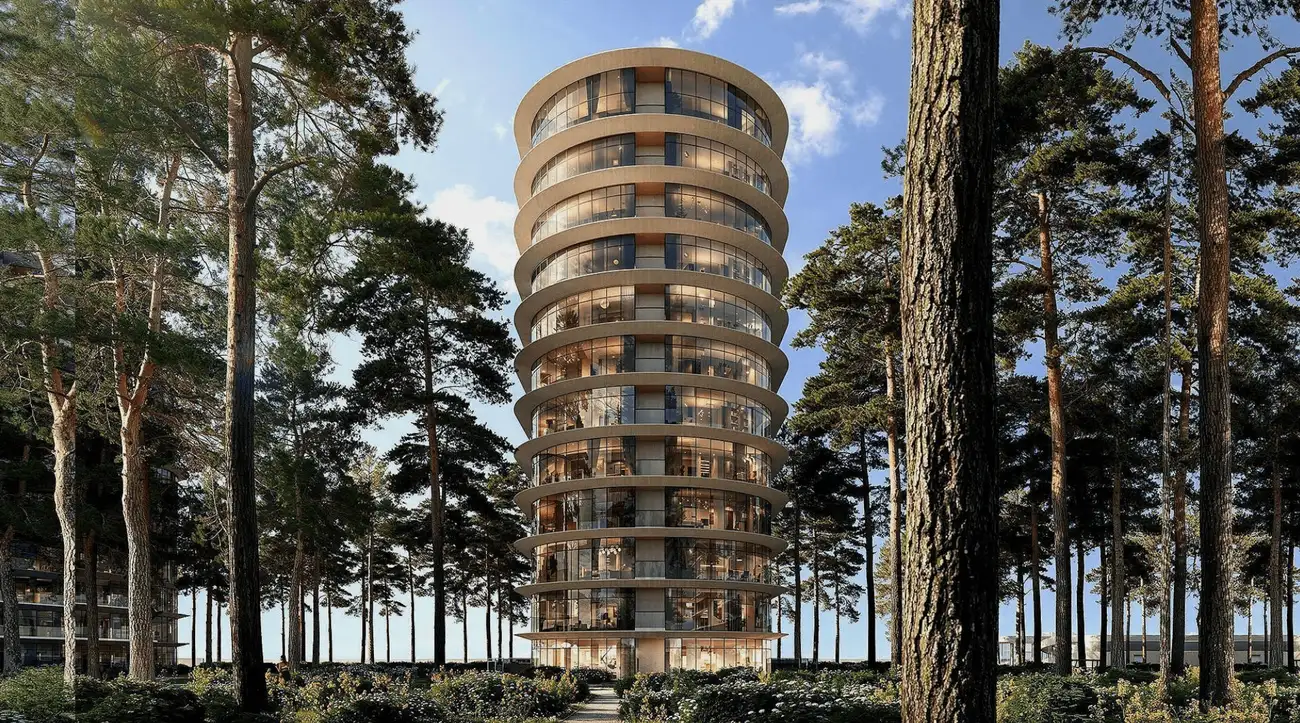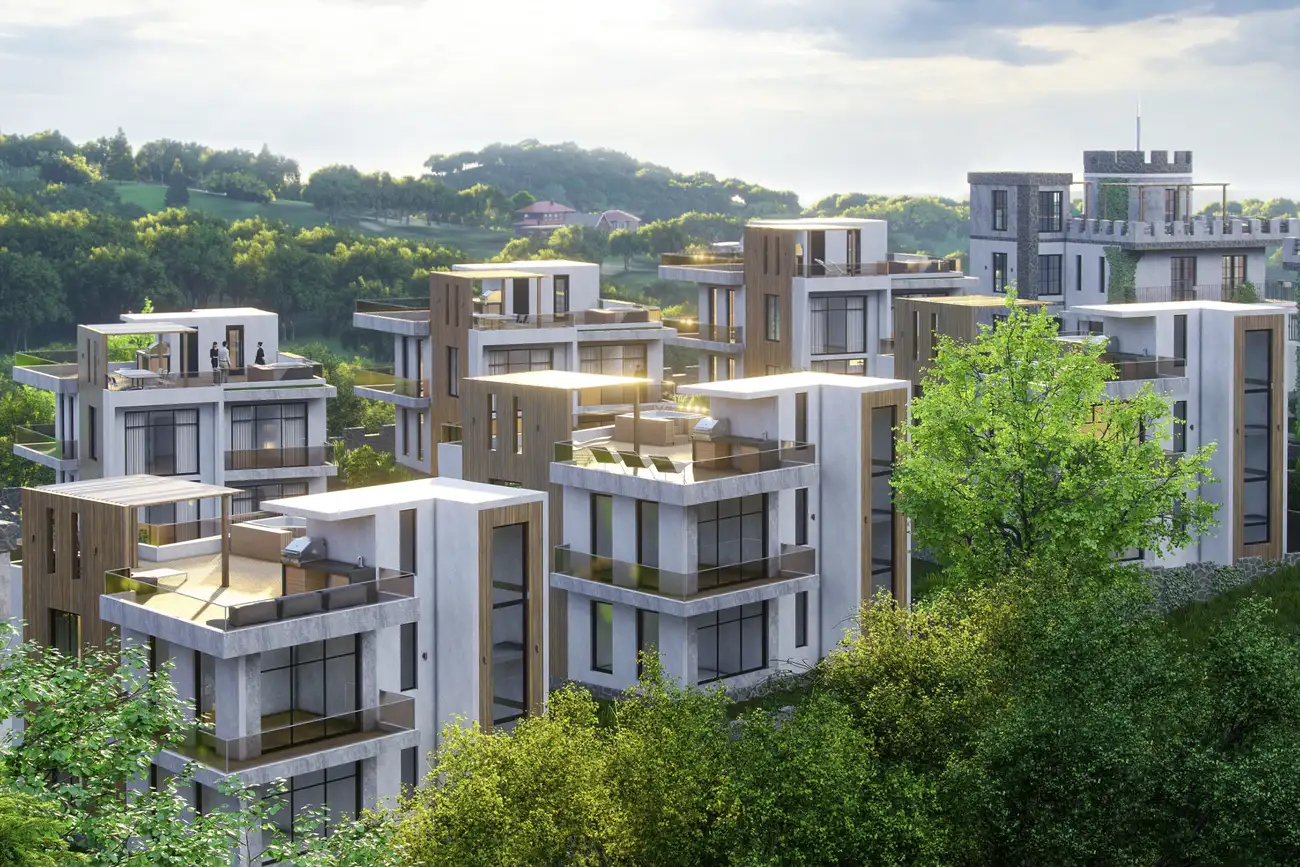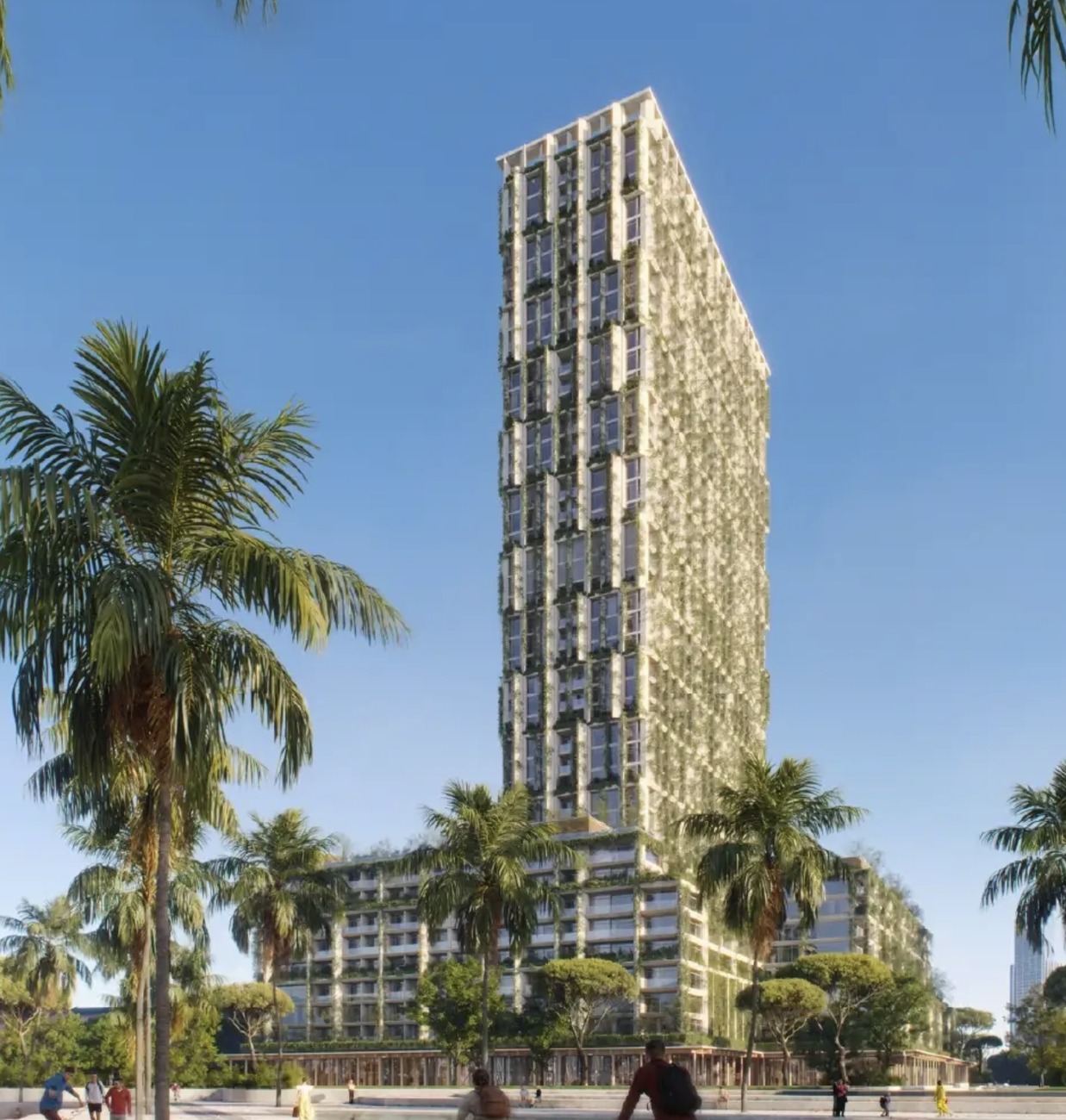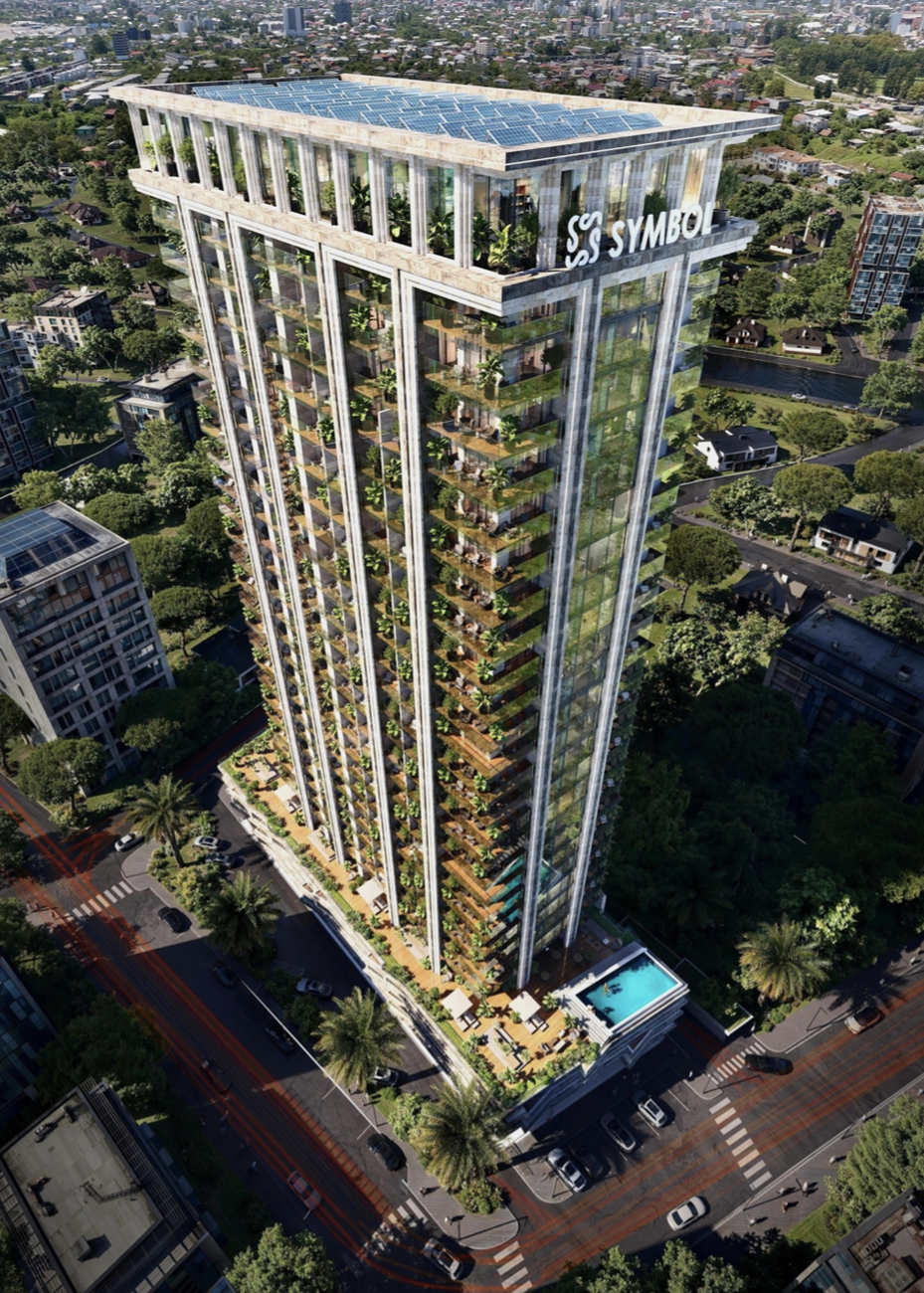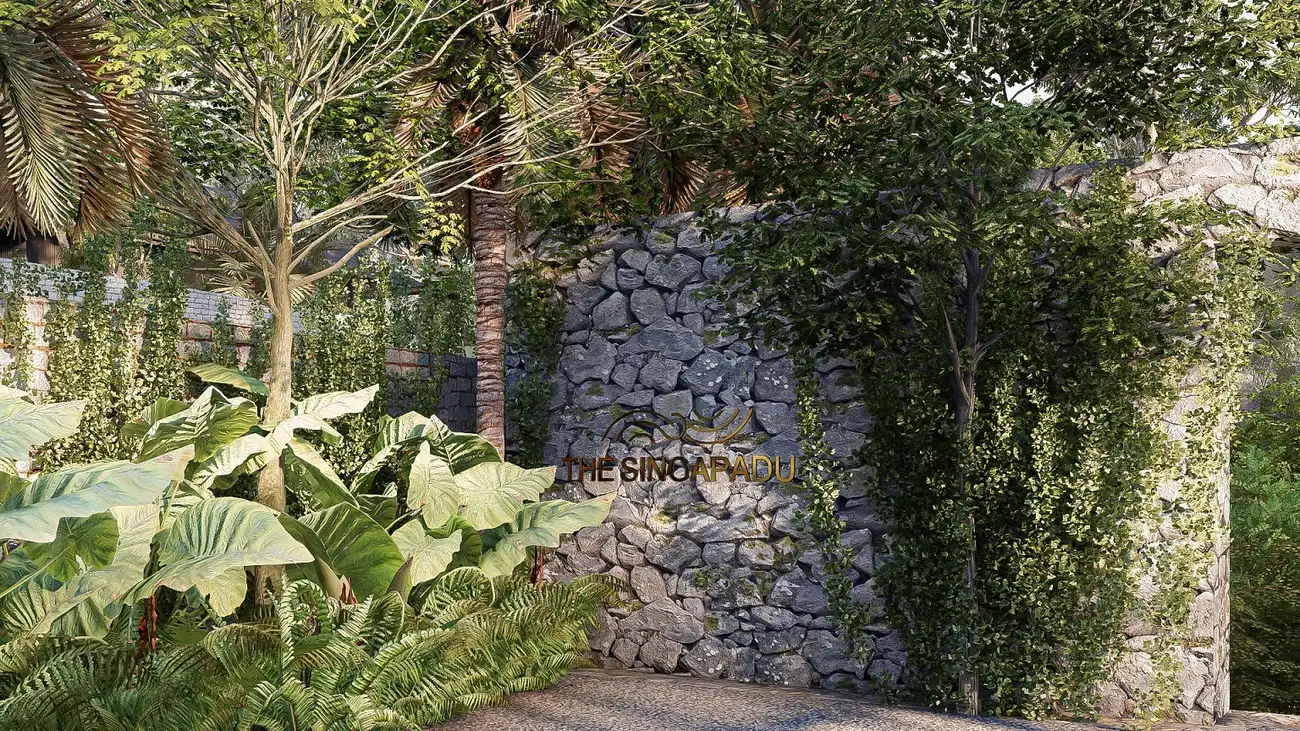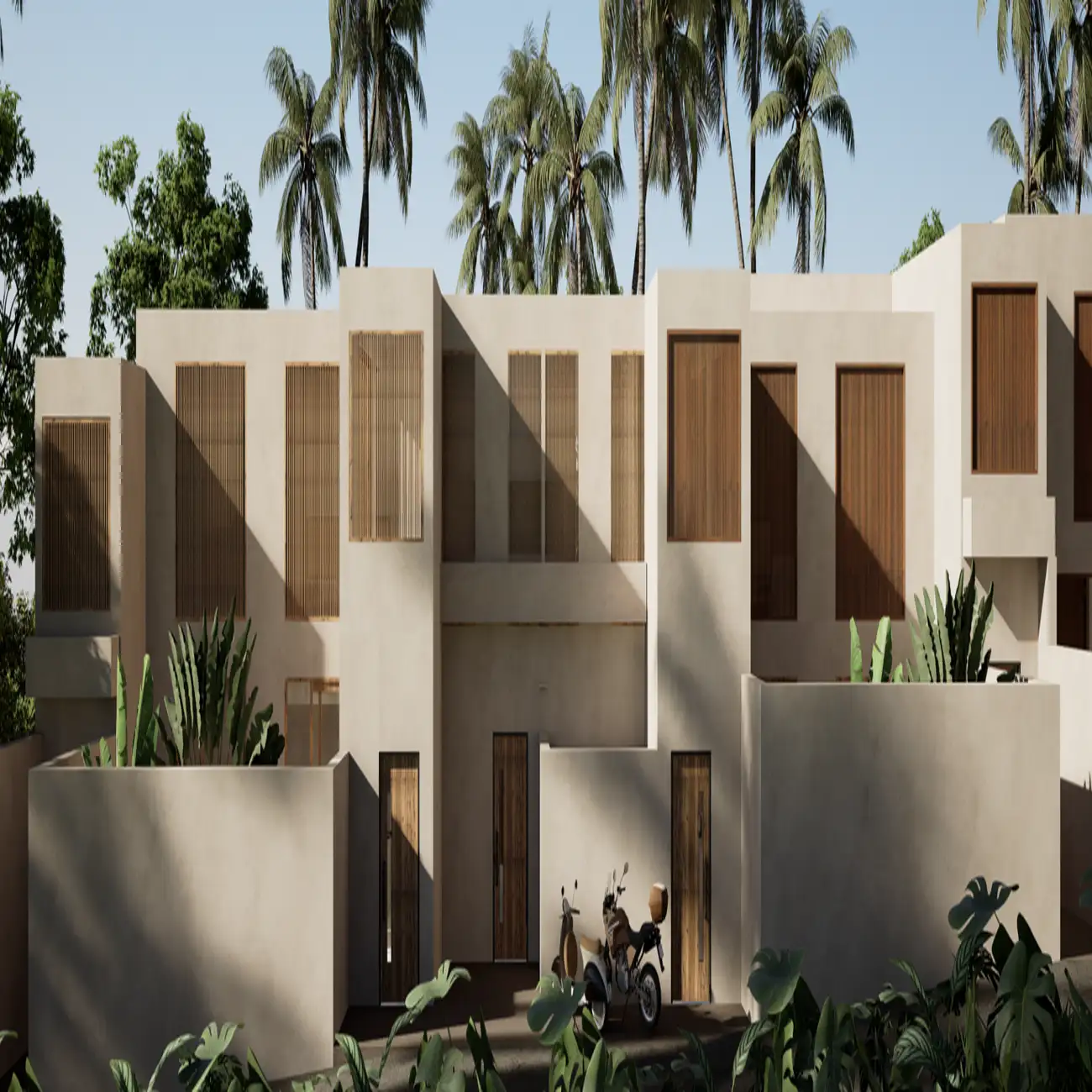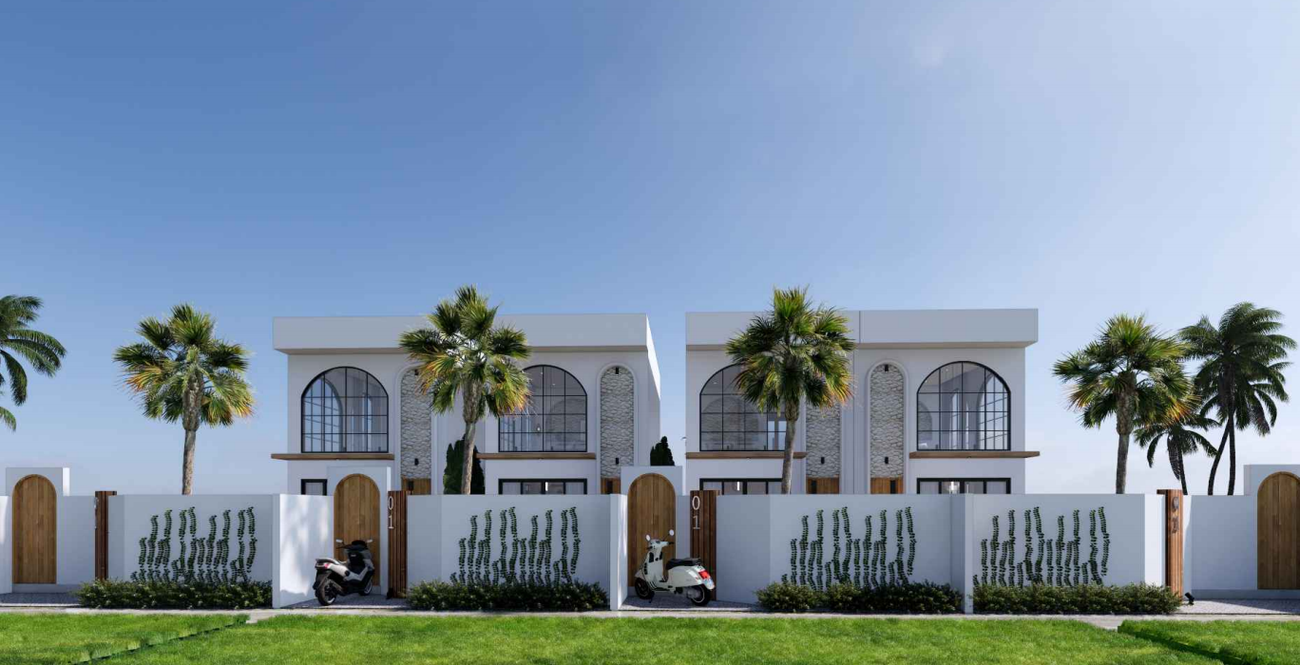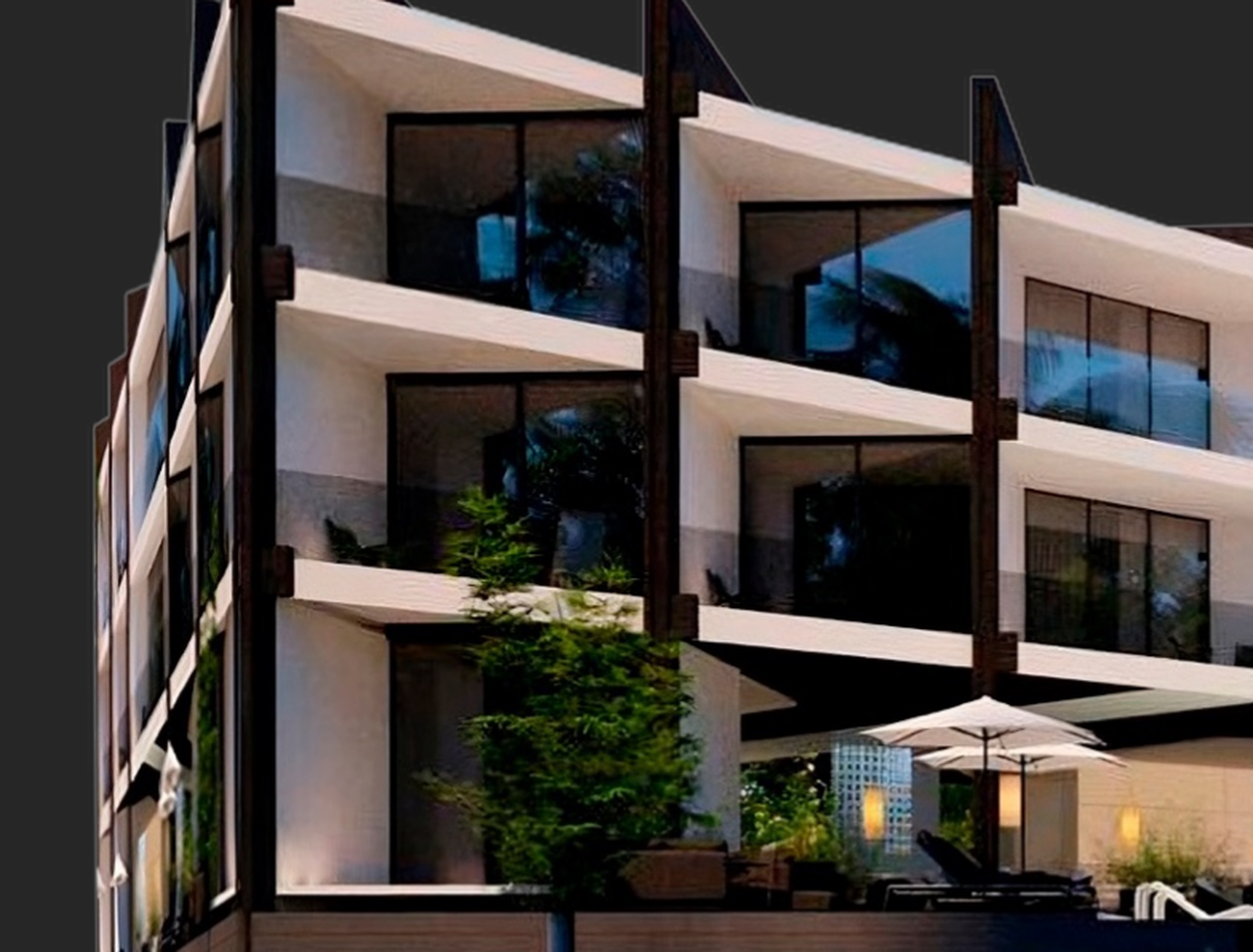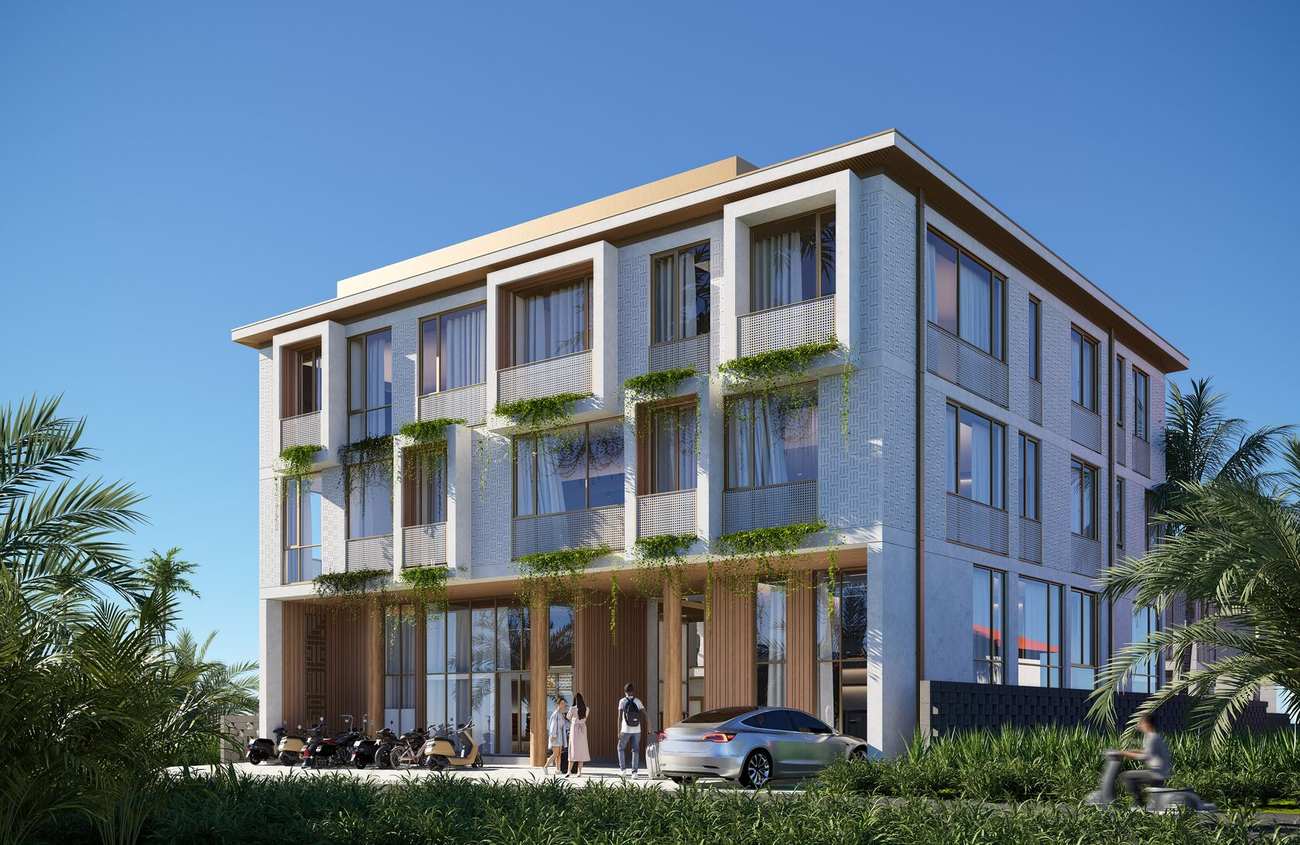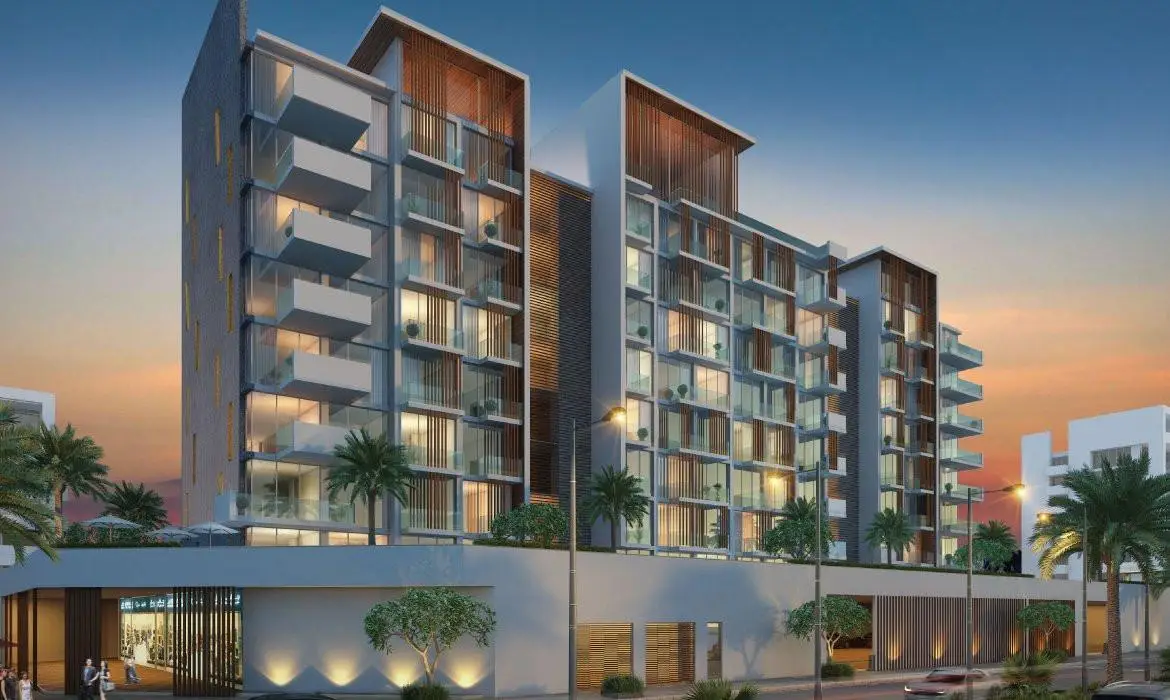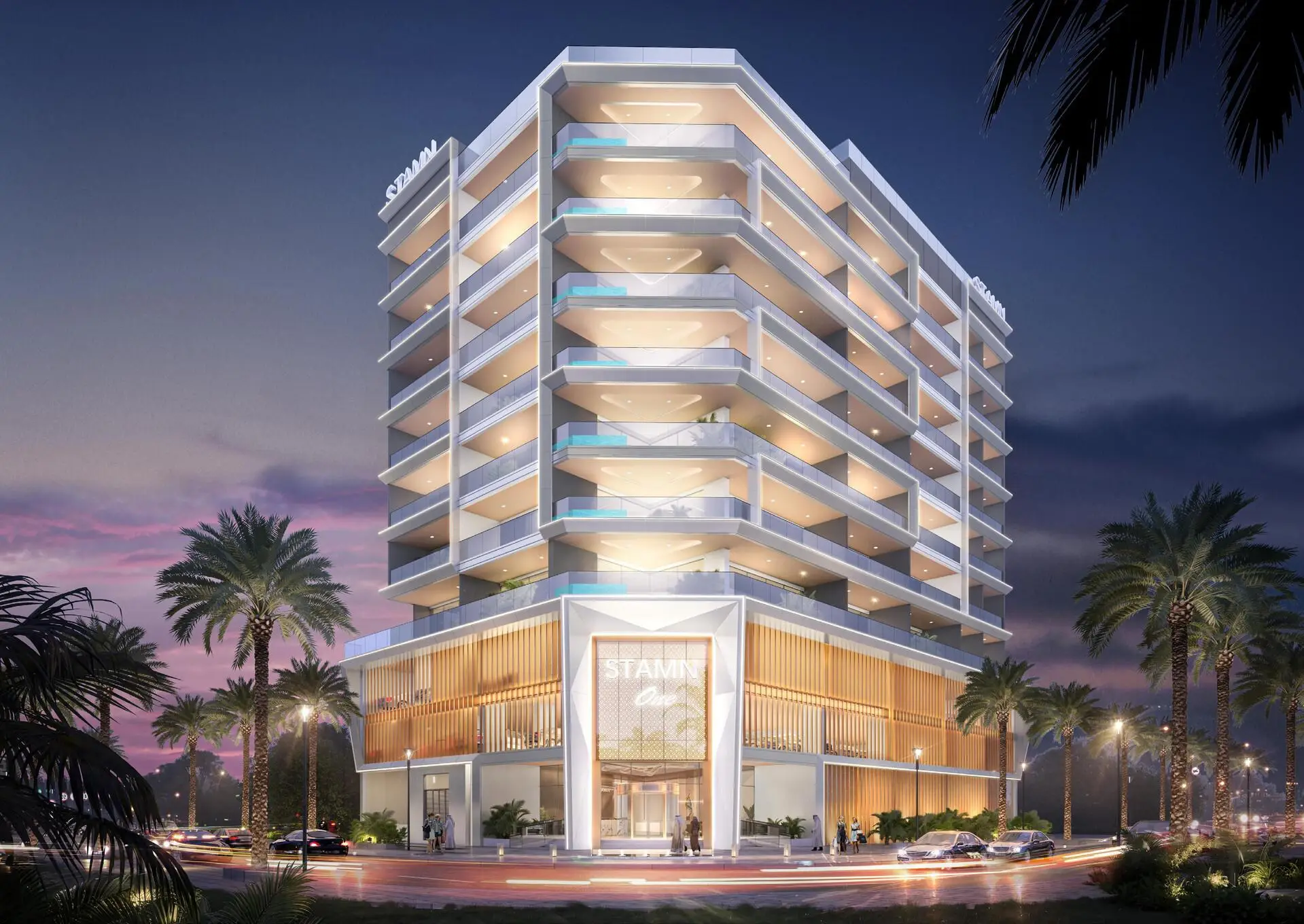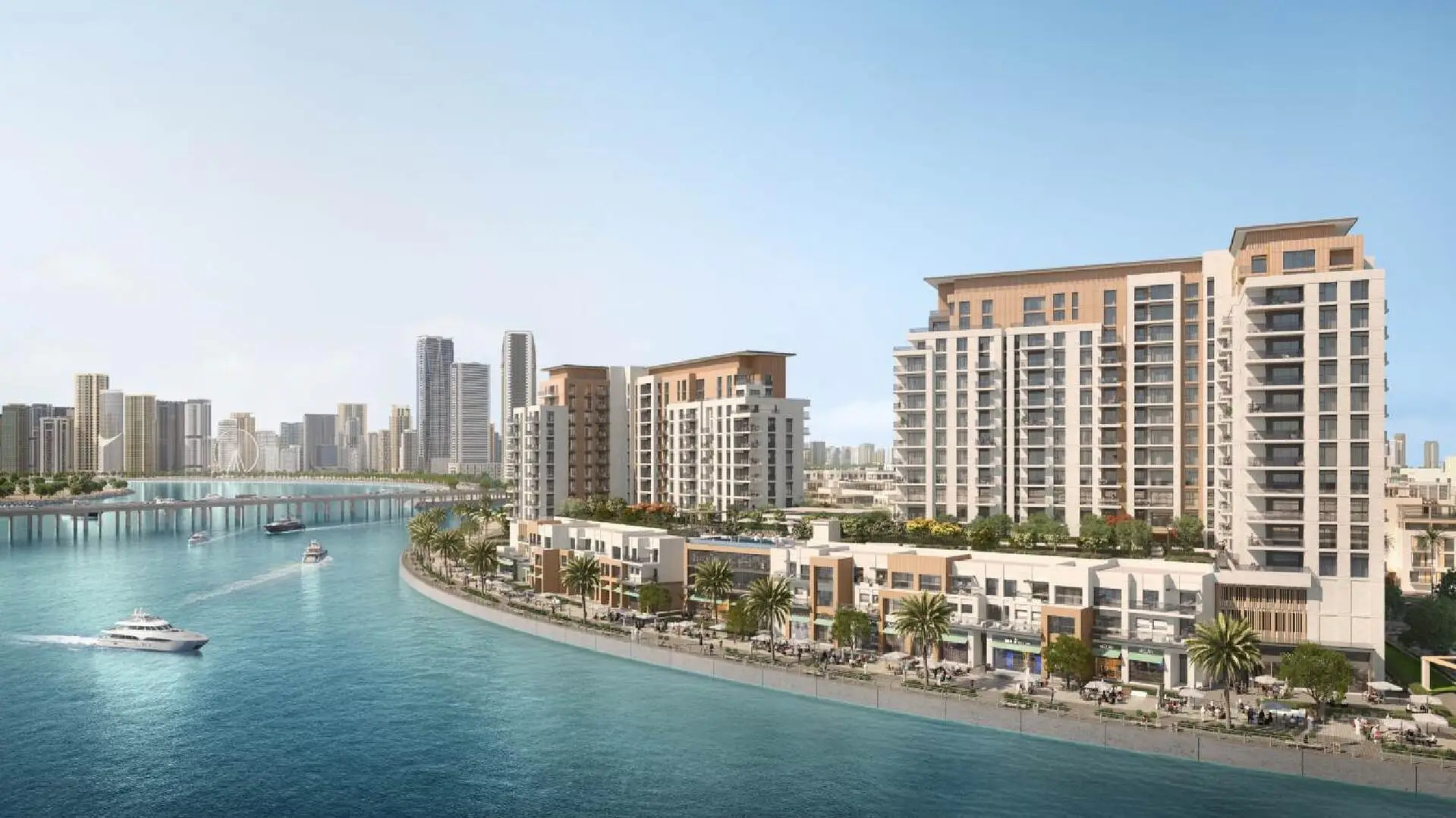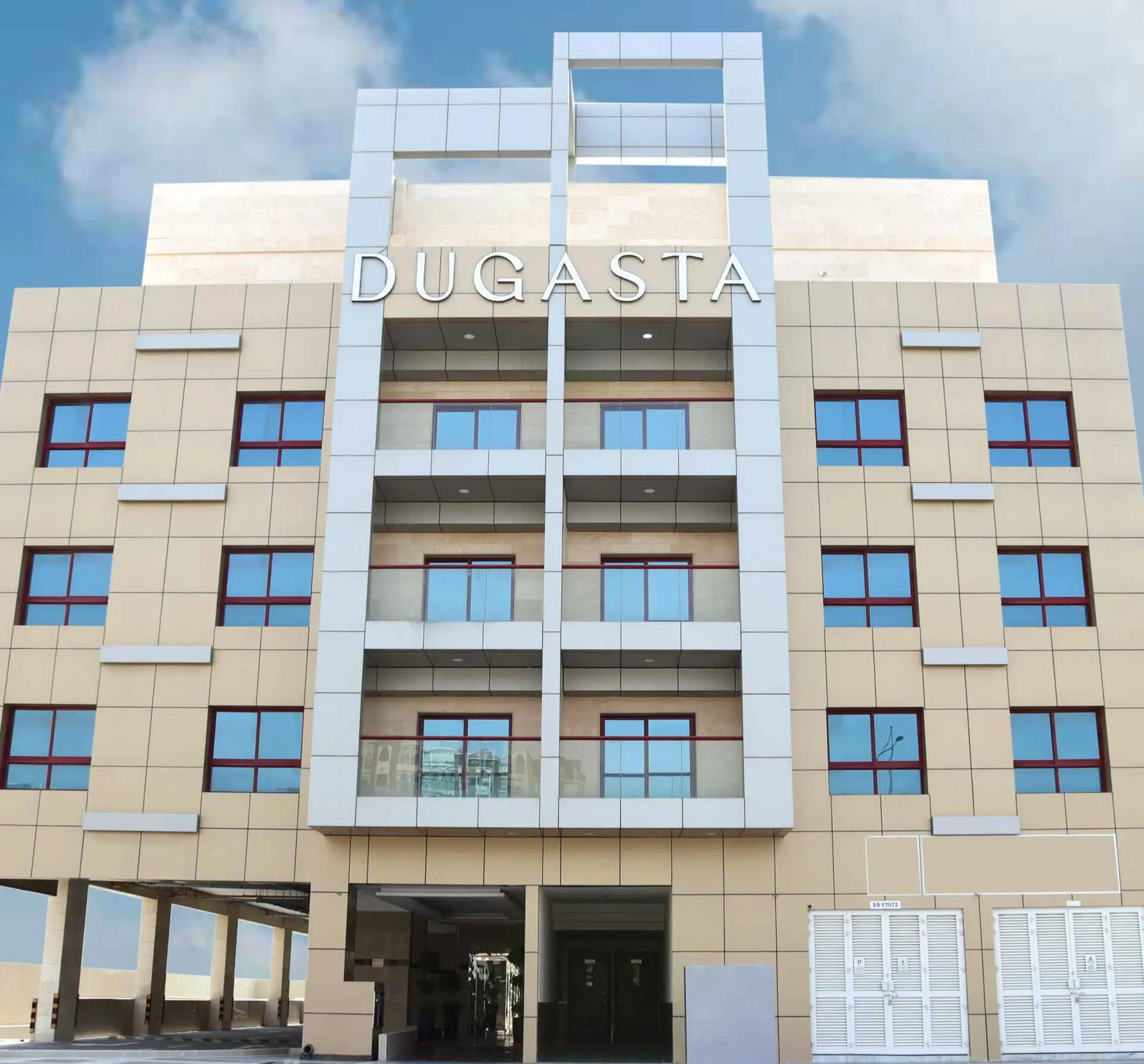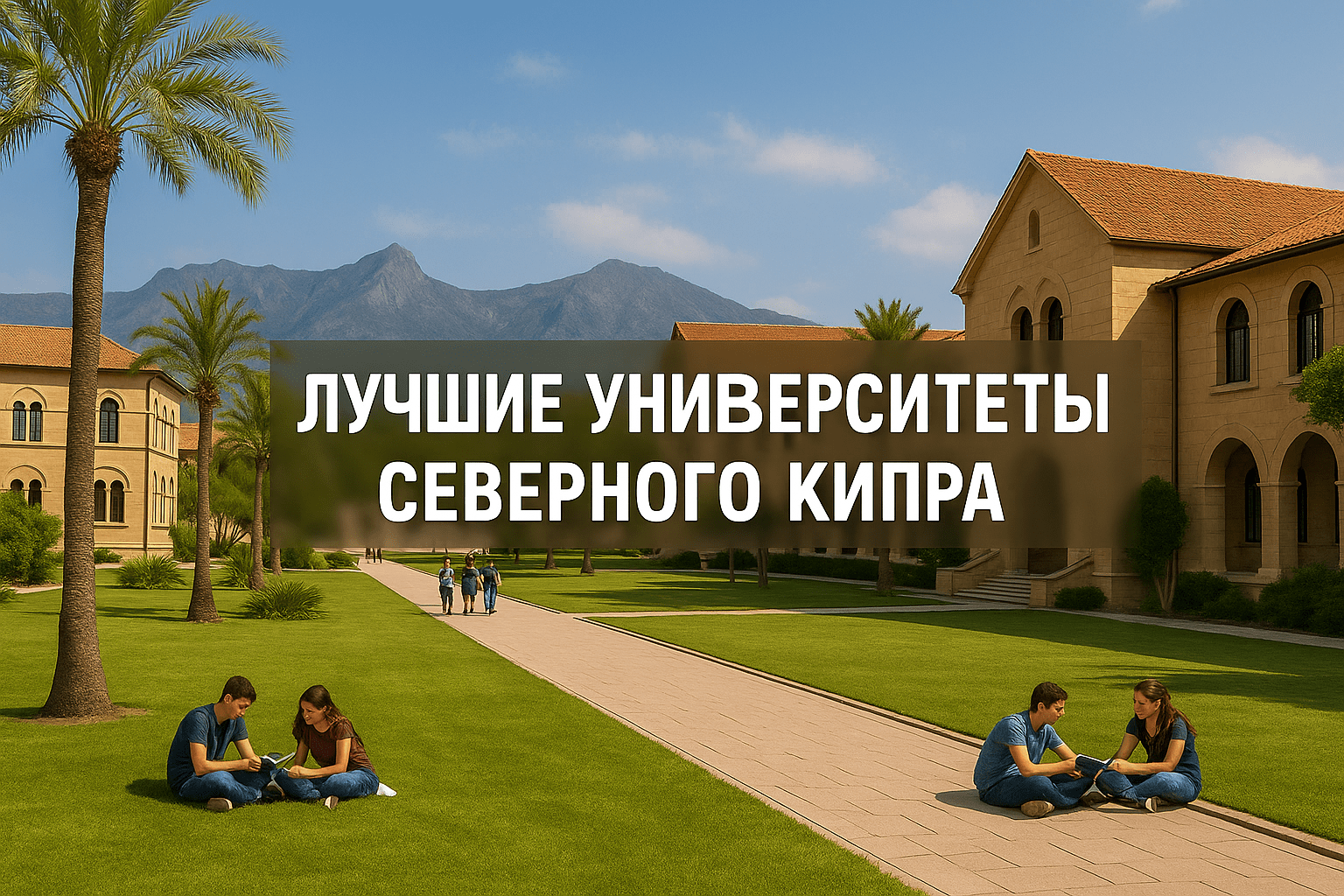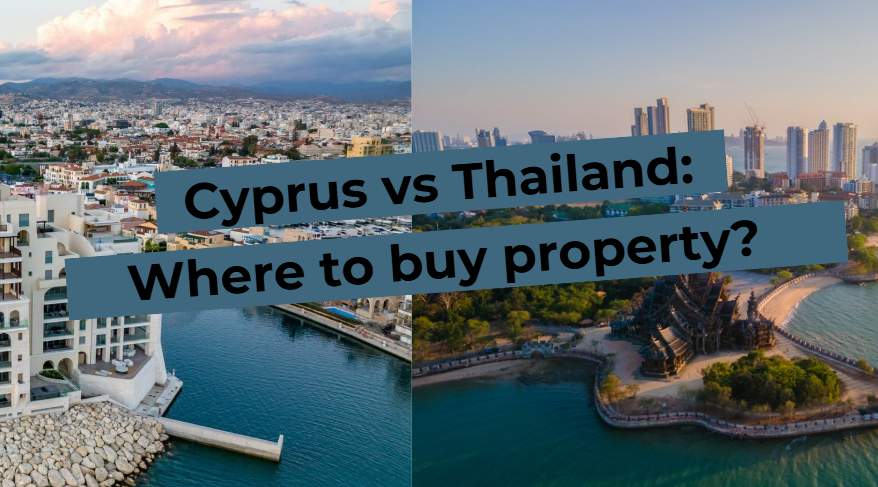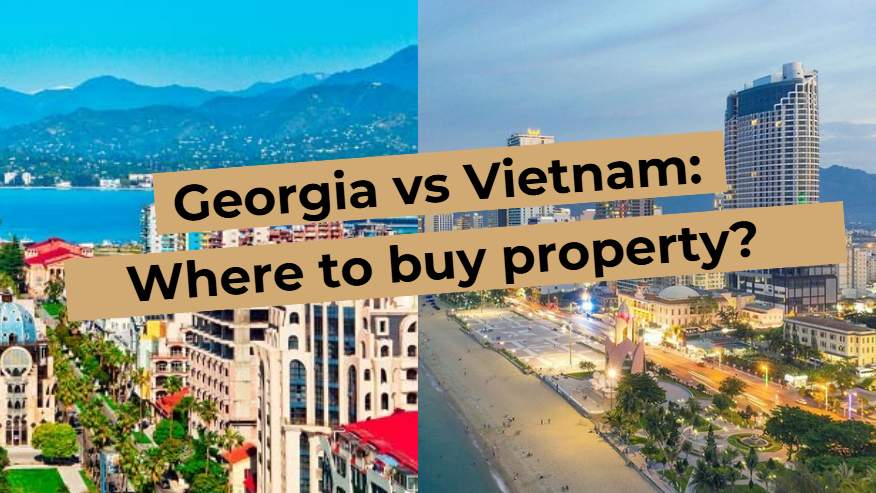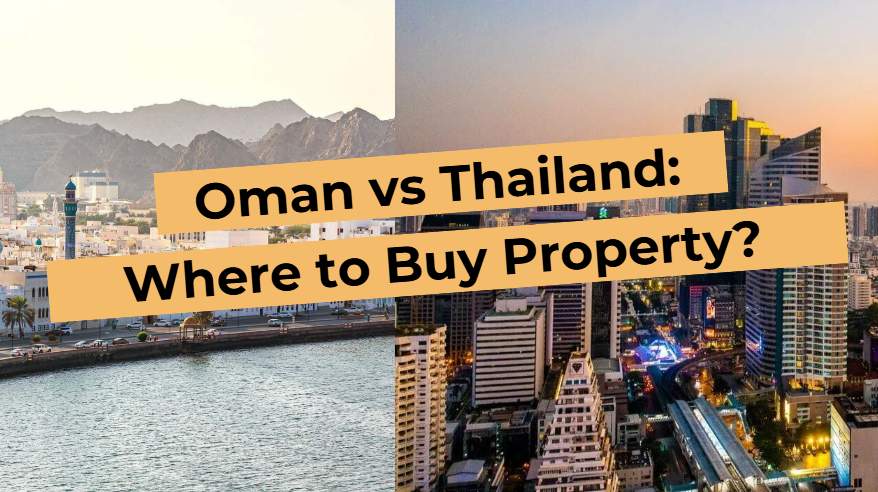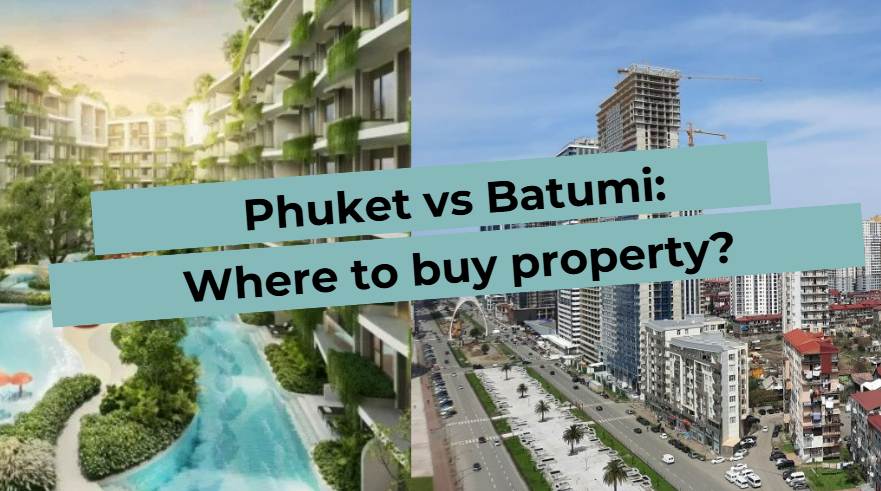
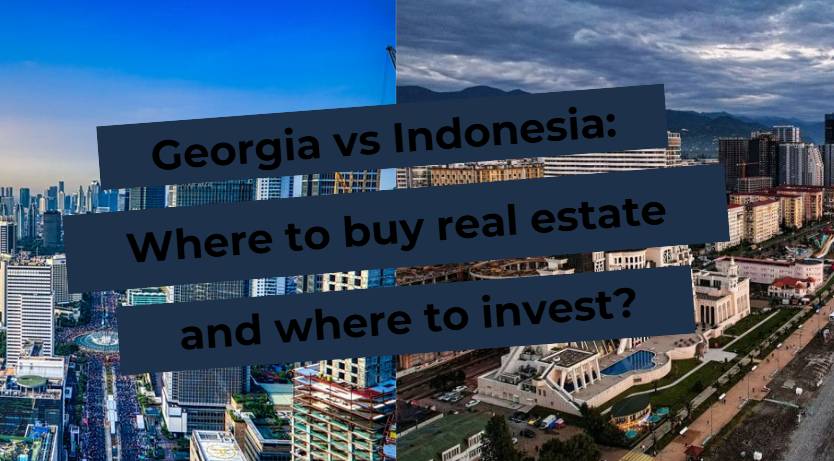
When it comes to buying real estate abroad, Georgia and Indonesia become real gems for investors. Both countries offer unique investment opportunities, attracting attention not only by their picturesque landscapes, but also by their favorable investment conditions.
In this article, we will look at what advantages these countries offer, what factors influence their investment attractiveness, and where exactly to look for promising resort areas for investment. We will also discuss the nuances of buying real estate for foreigners and compare rental yields in Indonesia and Georgia.
Real estate market analysis in Georgia and Indonesia
When I first considered buying real estate abroad, Georgia and Indonesia immediately caught my eye. These two countries, although located at different ends of the world, offer unique opportunities for investors. Let's take a look at what's happening in the real estate market in these countries.
Georgia. Over the past few years, the real estate market in Georgia is experiencing a real boom. This is especially noticeable in cities such as Tbilisi and Batumi. In Tbilisi, apartment prices range from 800 to 1,500 euros per square meter, depending on the area and quality of housing. Batumi, with its sea breeze and increasing tourist flow, offers apartments at prices starting from 700 euros per square meter. Especially interesting for investors are the areas near the seawhere you can find both cozy studios and spacious apartments.
Indonesia. Bali is undoubtedly the leader here. This island has long been a mecca for those looking for real estate by the sea. Prices for housing in Bali start from 1,200 euros per square meter and can reach 3,000 euros in elite areas. The demand for villas and townhouses has increased significantly in recent yearsThis is due to the increasing number of expats and tourists looking to enjoy life on the island all year round.
If we're talking about price trendIn Georgia, prices have increased by an average of 10-15% per year over the past five years, making it attractive for long-term investment. In Georgia, prices have increased by an average of 10-15% per year over the past five years, making it attractive for long-term investments. Indonesia, on the other hand, shows more moderate growth, but stable rental demand makes it favorable for short-term investments.
When I chatted with local agents, they shared that. popular locations for buying real estate in Georgia include the following areas around Old Tbilisi and the Batumi waterfront. In Indonesia, besides Bali, it is worth paying attention to Jakarta and Lombok, where prices are still more affordable, but with potential for growth.
Comparison of key factors of investment in Georgia and Indonesia
When it comes to choosing a country to invest in, it is important to consider many factors that can affect your returns. Let's take a look at what Georgia and Indonesia offer in this regard.
| Factor | Georgia | Indonesia |
|---|---|---|
| Investment attractiveness | Open market, minimal bureaucratic barriers, low taxes, government support | Developing market, complicated property registration for foreigners, strict regulations |
| Price per 1 sq.m. on average | Tbilisi - 1,000 €/m², Batumi - 800 €/m² | Bali - 1,200-3,000 €/m² (depending on the area) |
| Rental yield level | 8-10% per year (especially in tourist areas such as Batumi) | Up to 12% per year (high tourist demand in Bali) |
| Formalization | Simple purchase procedure, transactions are fast, minimal restrictions for foreigners | Registration is more complicated, foreigners cannot own land directly, they use long-term leasehold schemes (Leasehold). |
| Tax on the purchase of real estate | 0% | About 10% (including fees and duties) |
| Real estate ownership tax, per year | 0% | From 0.5% depending on the region |
| Payback | 10-12 years old | 8-10 years old |
| Rent per day, average | Tbilisi - 50-80 €, Batumi - 40-70 € | Bali - 80-200 € (depends on the area and type of property) |
| Profit per year, on average | 7-10% | 10-12% |
| Availability of mortgages and credit conditions for foreigners | Mortgage available, rates 5-7% per year | Limited access to mortgages, banks are reluctant to lend to foreigners |
| Annual growth of tourists | About 15% | About 20% |
| Real estate price growth per year | 5-8% | 10-15% |
Georgia offers ease of investment, low taxes and affordable prices, making it an excellent choice for investors looking for stable investments. Indonesia, especially Bali, attracts high rental income and significant growth in real estate prices, but requires consideration of restrictions for foreigners. The choice depends on your goals: stability and ease of processing in Georgia or higher returns but with additional complexities in Indonesia.
Nuances when buying a home in Georgia and Indonesia
Buying real estate abroad is always accompanied by a number of issues and nuances that need to be taken into account. Let's find out what peculiarities foreign buyers face in Georgia and Indonesia.
The process of buying real estate for foreigners. В Georgia real estate purchase for foreigners - is a relatively simple process. There are no restrictions on real estate ownership here, and you can safely purchase both apartments and commercial properties. All you need is a passport and a bank account to make transactions. In Indonesia, the situation is somewhat more complicated. Foreigners can only purchase real estate through a long-term lease or through a local company, which requires additional legal advice and processing.

Required documents. In Georgia, the transaction process is minimal: it is enough to have a passport and conclude a sale and purchase agreement, which is registered in the public registry. In Indonesia, more documents will be required, including a purchase permit from the local authorities and notarized translations of all documents. This may take longer and incur additional costs.
What to look for before buying. In Georgia, it is important to check the legal status of the property and the presence of all necessary building permits, especially if you are buying a new building. In Indonesia, you should be particularly careful about the terms of land lease, as most deals are made on such terms. It is advisable to hire a local lawyer to avoid potential pitfalls.
Similarities and peculiarities of the real estate market in both countries
When I started researching the real estate markets of Georgia and Indonesia, I was struck by how similar and yet different they can be. Let's take a look at their similarities and peculiarities.
How are the markets of Georgia and Indonesia similar?
Tourist attraction. Both countries are famous for their picturesque landscapes and rich cultural traditions, which makes them popular tourist destinations. This directly affects the demand for real estate by the sea. In Batumi and Bali real estate is in great demand among both locals and foreigners.
Investment growth. In recent years, both countries have seen an influx of foreign investment in real estate. This is due to favorable conditions for doing business and low taxes. Investors see the potential for growth and stable returns in these countries.

What are the fundamental differences?
Legal aspects. As I mentioned earlier, foreigners are free to purchase real estate in Georgia, while Indonesia has stricter restrictions. This makes Georgia more accessible for direct purchasesWhile in Indonesia it takes more time and effort to process transactions.
Market stability. Georgia shows more stable and predictable growth in real estate prices, especially in large cities. In Indonesia, the market is more volatile due to political and economic changes. Investors looking for stability may prefer GeorgiaWhile those who are willing to take risks for the sake of high returns can look at Indonesia.

Which market is more stable and predictable?
In my opinion, Georgia offers a more stable market due to its political stability and transparent business system. While Indonesia, with its dynamic development and high tourist flow, can offer higher returns, but with an element of risk.
Ultimately, the choice between Georgia and Indonesia depends on your personal preferences and investment goals. If you are looking for stability and ease of transaction processing, Georgia may be a better choice. If, however, you are willing to go through more complicated processes for the sake of potentially high returns, Indonesia may be your ideal destination.
Prospects for growth and development of resort real estate
When I was thinking about investing in resort real estate, Georgia and Indonesia immediately caught my attention with their growth prospects. Let's take a look at how the tourist infrastructure is developing in these countries and which regions promise the highest returns.
How is the tourism infrastructure developing?
Georgia. In recent years, the government has been actively investing in the development of tourist infrastructure. In Batumi, for example, new hotels, entertainment complexes and restaurants are being built. This attracts more and more tourists and therefore increases the demand for real estate. Tbilisi is also not lagging behind, offering new cultural and gastronomic itineraries.

Indonesia. Bali continues to be a major tourist destination, but other regions such as Lombok and Java are starting to gain popularity. The Indonesian government is investing heavily in airport and transportation infrastructure developmentThis makes these regions more accessible to tourists.
In which regions are real estate prices expected to rise?
Georgia. In Batumi, real estate prices have already started to rise, but experts predict further growth, especially in areas close to newly built tourist facilities. Investors looking for promising investments can look at coastal areas.
Indonesia. In Bali, despite already high prices, further growth is expected, especially in areas away from the main tourist routes, which are starting to develop. Lombok is also of interest to investors as prices are still lower, but the potential for growth is significant.

Which resort areas are the most promising for investment now?
In Georgia the most promising are the coastal areas of Batumi and Kobuleti. A significant increase in tourist flow is expected hereThis makes these zones attractive to investors.
In Indonesia it is worth looking at Ubud and Changu in Balias well as Lombok. These regions are actively developing and offer good opportunities for investment in tourism real estate.
Yield from short-term and long-term leases
When I started researching rental properties in Georgia and Indonesia, it became clear to me that both markets offer unique income opportunities. Let's break down which rental format is more profitable and in which cities you can expect the highest profits.
Which rental format is more profitable: daily or long-term?
Georgia. In major tourist cities such as Batumi and Tbilisi, daily rentals can generate higher income thanks to the constant flow of tourists. In Batumi, the average daily rental price is around 50-70 euros per apartment, which makes it attractive for short-term investments. However, in less touristy areas, long-term rentals can be more stable, bringing about 300-500 euros per month.

Indonesia. In Bali, daily rentals are also in high demand, especially in . popular neighborhoodssuch as Seminyak and Ubud. The average daily rental price here can reach 100-150 euros per villaThis makes it very profitable. At the same time, long-term rentals can provide a stable income of 800-1,200 euros per month, depending on the location and type of property.
Average rent check in different cities
In GeorgiaAs I mentioned above, the average rental price in Batumi is 50-70 euros per day, while in Tbilisi prices can be a bit lower, around 40-60 euros per day. This is due to seasonality and the level of tourist flow.
In Indonesia in Bali, the average daily rental price ranges from 100 to 150 euros per villa, while in less popular areas such as Lombok, prices can be lower at around 60-80 euros per day.

Payback of real estate in different segments
Georgia. In the tourist areas of Batumi payback real estate can be about 8-10 years, which makes it attractive to investors looking for a stable income. Especially profitable are investments in apartments with sea viewthat are in high demand.
Indonesia. In Bali, the payback can be higher, especially if you invest in popular tourist areas. Villas can pay for themselves in 6-8 yearsThis is due to the high demand for short-term rentals.
Economy and life in Georgia and Indonesia
When I was thinking about where to live and invest comfortably, Georgia and Indonesia were real eye-openers for me. Each of these countries offers a unique lifestyle and economic conditions that are worth considering.
Cost of living: food, utilities, entertainment
Georgia. The cost of living here remains one of the lowest in Europe. Food will cost an average of 150-200 euros per person per monthincluding fresh fruit, vegetables and meat. Utilities, including electricity, gas and water, are usually around 50-70 euros per month for a small apartment. Entertainment, such as going to the movies, restaurants and museums, can cost around 100 euros a month.
Indonesia. Bali and other popular islands offer variety in terms of cost of living. Food can cost around 100-150 euros per monthEspecially if you prefer local markets. Utilities usually cost 30-50 euros per month, making Indonesia quite affordable. Entertainment such as surfing, sightseeing and partying can cost around €150 per month.
Infrastructure and standard of living
Georgia. Infrastructure in major cities such as Tbilisi and Batumi is actively developing. Here you will find modern shopping centers, quality roads and a variety of cultural activities. The standard of living in Georgia allows you to enjoy European comfort at an affordable price.
Indonesia. In Bali, the infrastructure is also at a high level, especially in the tourist areas. It has everything you need for a comfortable life, from international schools to modern medical centers. However, infrastructure may be less developed in less developed regions.
What level of comfort can you get for an average budget?
Georgia. For an average budget of 1,000 euros per month you can afford a comfortable life in Tbilisi or Batumi. This money will cover rent, food, transportation, and entertainment. You can enjoy all the delights of city life without worrying about high costs.
Indonesia. In Bali for the same 1,000 euros a month you can live in a nice neighborhood, eat in restaurants and do active sports. This makes Indonesia attractive to those looking for an exotic lifestyle without the high cost of living.
Education and medicine
When I started to explore the possibilities of living with my family in Georgia and Indonesia, I was particularly interested in the accessibility of education and the level of medical services. After all, it is important for a comfortable life that children can receive a quality education and that the family has access to good medicine.
Accessibility of schools, universities, international education
Georgia. There are several international schools in Tbilisi and Batumi that offer instruction in English. Tuition at such schools can cost between 3,000 and 5,000 euros per yearThis makes them accessible to families from Europe and other countries. Universities in Georgia are also beginning to offer programs in English, which attracts foreign students.
Indonesia. Bali and Jakarta are home to international schools that meet world-class standards. Tuition at such schools ranges from 5,000 to 10,000 euros per yearThe cost of the program varies depending on the level and program. Universities in Indonesia also offer programs in English, especially in business and tourism.

Level of medical services and availability of insurance
Indonesia. In Bali and Jakarta, medical services are also of a high standard, especially in private clinics. The cost of health insurance can range from 400 to 700 euros per yearThe cost is about $30,000 depending on the coverage. There are international medical centers that serve both locals and foreigners.
Georgia. Medical services here are at a good level, especially in the major cities. The cost of health insurance for foreigners can be around 300-500 euros per yearTbilisi has several large hospitals and clinics that offer a wide range of medical services. There are several large hospitals and clinics in Tbilisi that offer a wide range of medical services.

How comfortable is it to live in the country with your family?
Georgia. With affordable education and quality medicine, Georgia is becoming increasingly popular with couples. Here you'll find everything you need to live comfortably with kids, including parks, entertainment centers and family activities.
Indonesia. Bali and Jakarta offer a great balance between work and leisure, making them attractive to families. Families can enjoy nature, beaches and outdoor activities without worrying about access to education and medicine.
Roads and transportation
When I was thinking about where best to settle abroad, the accessibility and quality of transportation infrastructure played an important role in my choice. Let's take a look at the road and transportation situation in Georgia and Indonesia.
Accessibility of public transportation
Georgia. In Tbilisi and Batumi public transportation is represented by buses, marshrutkas and metro. The cost of public transportation is about 0.20 euros per tripwhich makes it accessible to everyone. The metro in Tbilisi is convenient and covers the main districts of the city, which allows you to quickly get to the places you need.

Indonesia. Public transportation is less developed in Bali, but you will find buses and train service in Jakarta. Jakarta bus fares are around 0.30 euroswhich also makes it affordable. However, due to high traffic congestion, many people prefer to use scooters or cabs.
Cost of cars and transportation rentals
Georgia. Cars here are relatively inexpensive compared to other European countries. The average cost of a used car is around 5,000-7,000 euros. Renting a car will cost 20-30 euros per day, making it easy to travel around the country.
Indonesia. In Bali, scooter rentals are very popular and cost around 5-10 euros per day. Cars can be rented for 25-40 euros per dayDepending on the model and season. Purchasing a car may be more expensive due to taxes and import duties.

Road infrastructure, traffic jams, road quality
Georgia. Road infrastructure in major cities is actively developing. Road quality is good in Tbilisi and Batumi, but can be worse in rural areas. Traffic jams during rush hours are common, but they are not as critical as in megacities.
Indonesia. In Bali and Jakarta, road infrastructure is constantly improving, but traffic congestion remains a serious problem, especially in tourist areas. The quality of roads in Bali varies, from good in tourist areas to less well-maintained in remote areas.
Legal and tax specifics
When investing in real estate abroad, it is important to consider legal and tax aspects. Let's compare what conditions Georgia and Indonesia offer for real estate owners.
| Factor | Georgia | Indonesia |
|---|---|---|
| Real estate taxes | In Georgia, the real estate tax for foreigners is about 1% of the value of the property. This makes the country attractive to investors as the tax burden is minimal. | In Indonesia, property tax can be as high as 5% of the costDepending on the region and type of real estate. This is worth considering when planning your investment. |
| Income tax on rental income | Rental income is taxed at the rate of 20%. However, due to low property tax rates, the overall tax burden remains low. | In Indonesia, the tax on rental income is 10%. This makes short-term rentals more profitable, especially in tourist areas. |
| Registration of residence permit or citizenship through the purchase of real estate | In Georgia, the purchase of real estate does not automatically entitle you to a residence permit, but investments over 100,000 euros can make it easier to obtain a residence permit. | In Indonesia, buying real estate does not entitle you to a residence permit, but there are investor programs that can make the process easier. |
| Purchasing process | The process of buying real estate in Georgia is transparent and simple. It is only necessary to register the transaction in the public registry, which takes no more than a week. | In Indonesia, the process is more complicated. Foreigners may own real estate through a long-term lease, which requires additional legal advice. |
Thus, Georgia offers simpler and more favorable conditions for foreign investors, especially in terms of taxes. Indonesia, although it requires more attention to legal aspects, can offer attractive conditions for renting and investing in tourist facilities. The choice between these countries depends on your investment objectives and readiness for legal procedures.
What should an investor choose?
When you are faced with the choice between investing in Georgia and Indonesia, it is important to carefully weigh the pros and cons. Below is a comparison table to help you make an informed decision.
Availability of purchase
- Georgia: The buying process is simple and transparent. Foreigners are free to purchase real estate, which makes Georgia attractive to investors looking for ease of transaction.
- Indonesia: The process is more complicated, requiring additional legal advice and processing through a long-term lease. This may discourage investors who are not familiar with local legislation.
Tax burden
- Georgia: Real estate and rental taxes are low. This allows investors to keep most of the rental income, which makes Georgia financially attractive.
- Indonesia: Taxes are higher, especially on real estate. This should be taken into account when planning return on investment.

Rental yield
- Georgia: The rental yield is around 8-10% per annum, making it stable and predictable.
- Indonesia: Yields can be as high as 12% per year, especially in tourist areas, making Indonesia an attractive short-term investment.
Growth Prospects
- Georgia: Stable growth of real estate prices in major cities and tourist areas. This makes Georgia a reliable choice for long-term investments.
- Indonesia: High growth potential in developing regions such as Lombok and lesser known regions Bali districts. It can offer high returns for risk-averse investors.
Life and infrastructure
- Indonesia: Exotic lifestyle and developed infrastructure in Bali. Indonesia is suitable for those looking for an active and diverse lifestyle.
- Georgia: Developing infrastructure and low cost of living. Georgia offers a comfortable standard of living for affordable money.

Recommendations for investors: If you are looking for stability, ease of processing and low tax burden, Georgia may be your ideal choice. However, if you are ready for more complicated legal procedures for the sake of high returns and exotic lifestyle, Indonesia will offer you excellent investment opportunities. Ultimately, your choice should be based on your personal preferences and investment goals.
Conclusion
To summarize, the choice between Georgia and Indonesia for real estate investment depends on your personal preferences and strategic goals. Georgia offers simplicity and stability, with low taxes and a transparent buying system, making it ideal for those looking for a reliable and long-term investment. On the other hand, Indonesia, with its high rental yields and exotic lifestyle, attracts those who are willing to go through more complicated legal procedures for the sake of potentially high returns.
Regardless of your choice, both countries offer unique opportunities for growth and development, and who knows, maybe this is where you will find your ideal investment project. If you have any questions or would like more information, do not hesitate to contact us - we are always ready to help you make the right decision.
Georgia offers ease of transaction processing, low taxes and steady growth in real estate prices.
Indonesia, especially Bali, offers high rental yields and growing tourist traffic.
In Georgia, rental yields are around 8-10% per year, especially in tourist areas.
In Indonesia, property tax can be as high as 5% and 10% on rental income.
Buying real estate in Georgia does not automatically entitle you to a residence permit, but investments over 100,000 euros can facilitate the process of obtaining one.
The most promising regions in Indonesia are Bali, Lombok and lesser known areas with high growth potential.
The cost of living in Georgia is low: groceries cost 150-200 euros a month, and utilities cost about 50-70 euros.
In Indonesia, purchase authorization from local authorities and notarized translations of all documents will be required.
In Bali, daily rentals are more profitable due to the high tourist flow, providing returns of up to 12% per year.
Infrastructure in Georgia is booming, especially in the major cities, offering modern amenities and low cost of living.
What advantages does Georgia offer for real estate investors?
Georgia offers ease of transaction processing, low taxes and steady growth in real estate prices.
Why is Indonesia attractive for short-term investments?
Indonesia, especially Bali, offers high rental yields and growing tourist traffic.
What level of rental yields can be expected in Georgia?
In Georgia, rental yields are around 8-10% per year, especially in tourist areas.
What taxes do property owners pay in Indonesia?
In Indonesia, property tax can be as high as 5% and 10% on rental income.
Is it possible to get a residence permit in Georgia through the purchase of real estate?
Buying real estate in Georgia does not automatically entitle you to a residence permit, but investments over 100,000 euros can facilitate the process of obtaining one.
Which regions in Indonesia are promising for investment?
The most promising regions in Indonesia are Bali, Lombok and lesser known areas with high growth potential.
What is the cost of living in Georgia?
The cost of living in Georgia is low: groceries cost 150-200 euros a month, and utilities cost about 50-70 euros.
What documents are required to buy real estate in Indonesia?
In Indonesia, purchase authorization from local authorities and notarized translations of all documents will be required.
Which rental format is more profitable in Indonesia?
In Bali, daily rentals are more profitable due to the high tourist flow, providing returns of up to 12% per year.
How is the infrastructure developing in Georgia?
Infrastructure in Georgia is booming, especially in the major cities, offering modern amenities and low cost of living.
